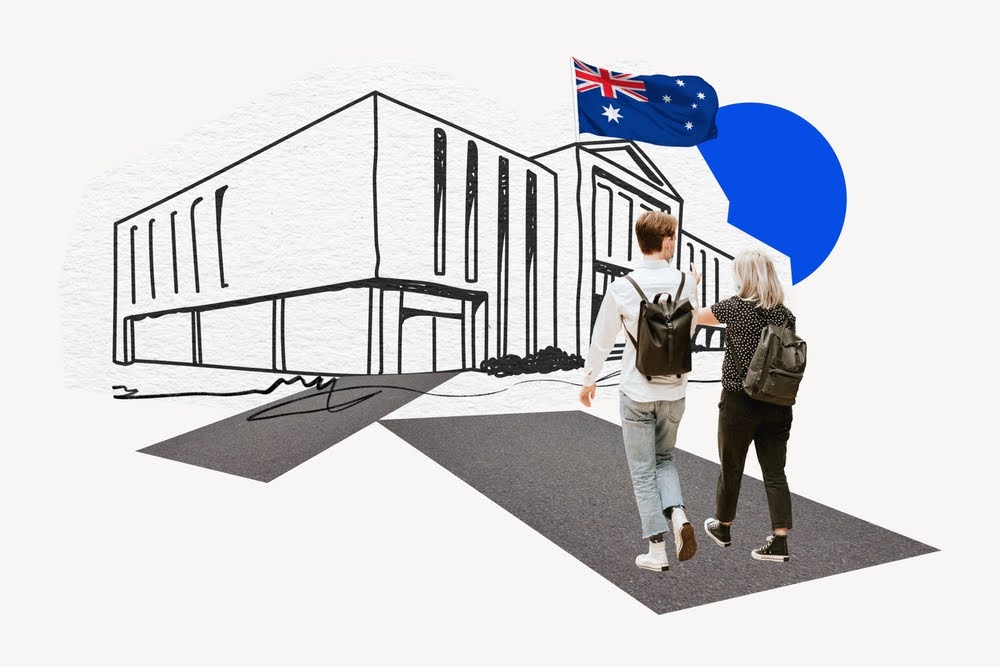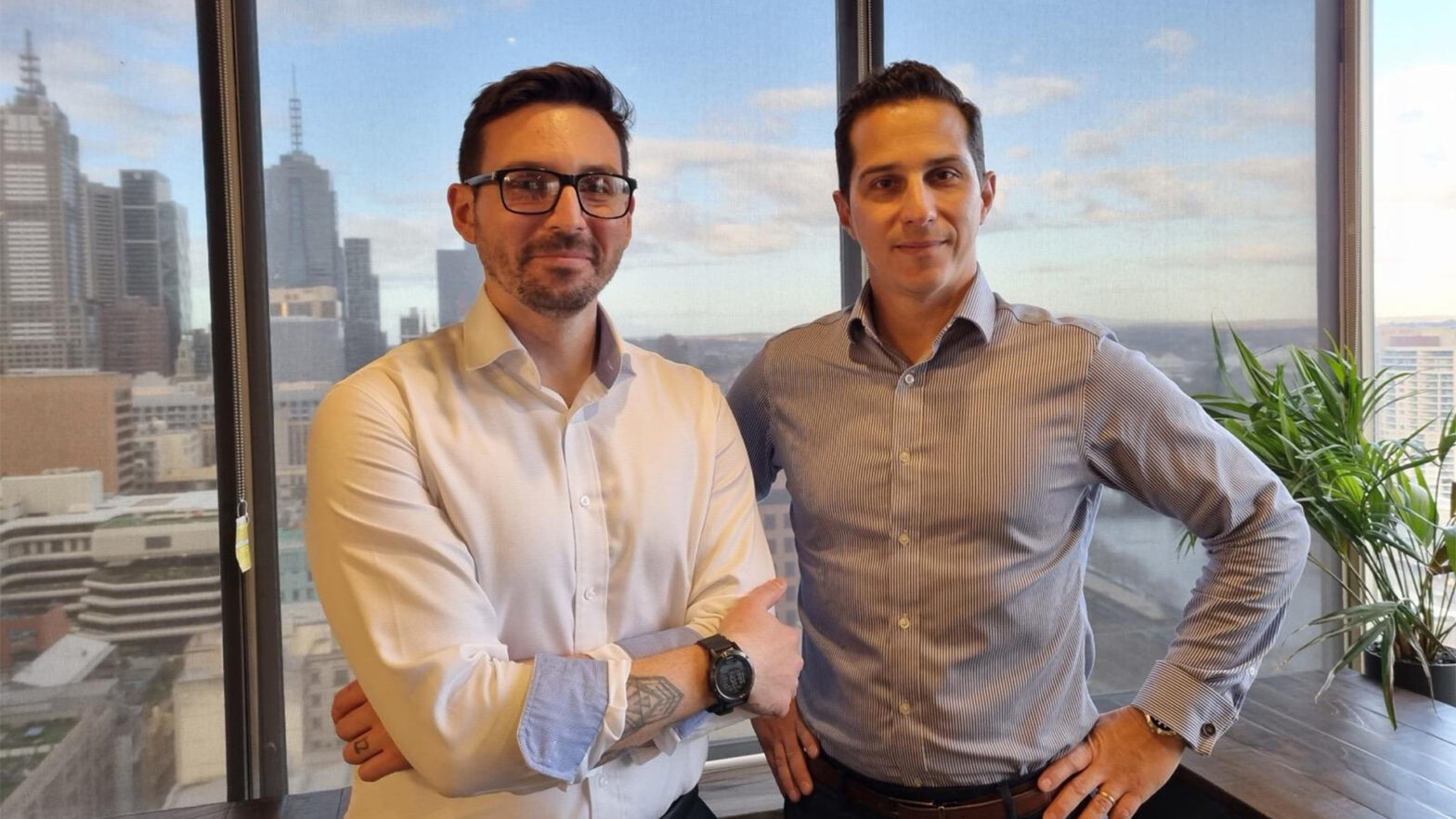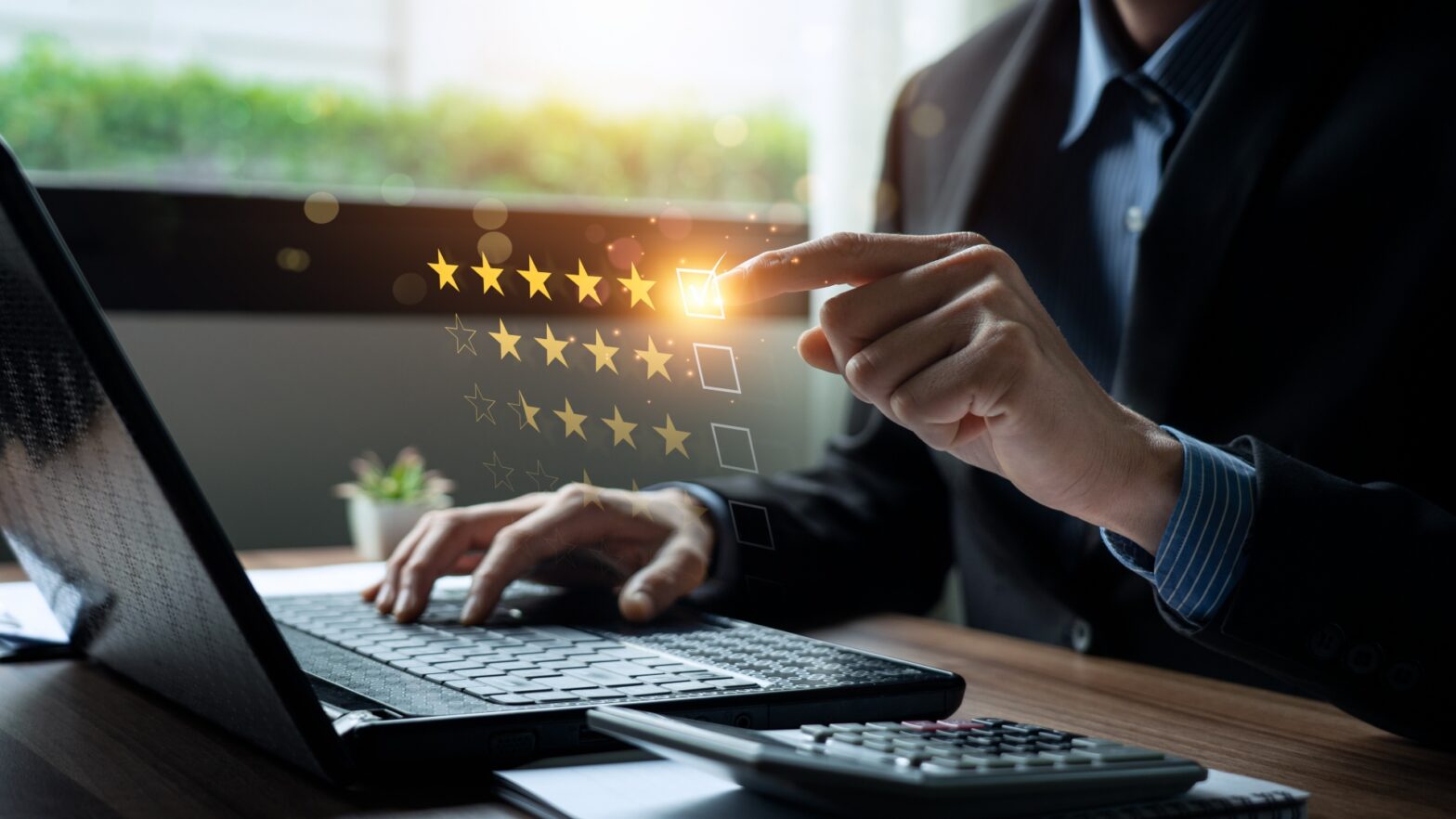The COVID-19 pandemic has had a huge impact on physical traveling, whether for business or private reasons like holidays. But switching to digital alternatives for meetings and communication still can’t cover all of the needs of our modern world. Meetings where a physical presence is required still exist, meaning trips are still in demand. The same goes for vacations, which will drive a recovery of the travel industry over the next years, particularly in light of recent success with a vaccine. Travel just may take on a slightly different shape. The impact of COVID will ultimately not only be seen on the physical aspects of travel, but also in the digital area, and there are new threats. Perhaps the biggest question moving forward will be one of privacy.
Made of Glass—Or the Transparent Global Citizen
With the need to follow infection spreading and monitor the pandemic, different methods of tracking people were introduced. Whether you have to register online to eat at a restaurant or write your name and address details on paper when entering a bar, you hand your personal data to unknown people. Even though the only reason is for medical professionals to access such data and use it when infections are detected to fight further spreading, we’ve seen unauthorized access to such data by, say, police forces or staff of the location. Unavoidable tracking of physical location poses a huge threat to privacy, one that has not been solved. In fact, criminals may be able to access such data and use it to further attacks like phishing, spam or malware attacks like ransomware.
What’s more, some countries demand from travelers not only medical tests, but also that they share extensive amounts of private information, perhaps by forcing them to install Tracking Apps, which enable permanent, targeted surveillance. It is hard to foresee how long such policies are in place, but it may be here to stay in some countries.
Tracking apps can introduce a vast amount of functionalities; they can acquire not only real-time location data, but also access to the local data on your smartphone. So far it’s unpredictable for how long such Apps will be used and how their future will look like even once the pandemic subsides. There may be other future demands for such kind of tracking, like criminals or new health crises. The Apps and data are here to stay, and we have to monitor how this will be used later on.
Oddly enough, the pandemic and the subsequent restrictions put in place could actually increase privacy in other respects. Last year we conducted a study on “visual and audible hacking” (aka “shoulder surfing”), a common problem while traveling. With enforced policies on distance between humans still active in many countries and different transportation
methods used at the moment, several aspects of such information snooping will be harder and therefore may increase the level of physical security and privacy issues in this specific area to a certain degree. Of course, if social distancing restrictions are relaxed, travelers will once again need to take precaution to avoid “shoulder surfing”.
Of course, digitization of the travel industry didn’t just begin as a result of the pandemic, nor is it relegated to the world of tracking COVID infections. From buying tickets to the equipment in your hotel room, travel is becoming more and more digital—and introducing more and more risks. Here are some other important considerations to keep in mind when leaving your home:
Your place – not your home
You probably know the phrase “feels like home,” which hotels and other accommodation providers commonly use. To be honest, you should realize that it’s not your home! With the increase of smart technologies, you may be lost in all the technology you already have at home, but at places you don’t own, you have no control over the IoT-devices around you at all. Is there a smart TV with a camera in your room? What about smart air-controls, voice assistants, entertainment offerings and all the other small helpers integrated in modern accommodation rooms? All of them can be a threat to your privacy or cause a security problem if you connect your own devices to them. Even a power outlet with a USB port to charge your phone may be a risk either in terms of security or the physical health of your device. Hotels and event locations are also using the current period where there are few tourists to renovate and upgrade their venues, which means we may see more of such technologies integrated in the near future.
Home is where your phone automatically connects to WiFi
You may travel with several devices, such as smartphones, tablets, notebooks, ebook readers and the like. Isn’t it comfortable to use local WiFi in hotels, restaurants or other locations? You may get decent connection speed, and you don’t have to worry about money even when outside of your local or roaming network. But did you ever think about who controls the network you are connected to? What type of data you share or which websites you are opening? It doesn’t have to be the operator, but criminals may snoop on your traffic, collect sensitive data or may even try to attack your devices. Encryption, not only your local device, but also on remote connections, is as essential as your ticket while flying.
Self-service concierge
Not everyone likes digital tickets or sometimes a printed boarding pass is inevitable. Nowadays, hotels and locations offer publicly accessible self-service kiosks – usually tablets or a computer. The idea is simple: you log in to your email account or wherever you may have stored your ticket, you open it, and print. This process may take a few minutes – but didn’t you forget anything? “Logout” and “Clear browsing data” may be forgotten due to stress while checking out. However, I’ve experienced many such devices that still retain full access to all data, like emails, documents, and your calendar, when you’re using accounts of certain global service providers with a huge portfolio. This is not only a threat to your data, but also puts you at risk of your data being abused by criminals. They can send out spam or phishing emails to your contacts and social network.
Who is sitting next to you?
As a result of COVID-19, many services, especially ticket sales and reservations, went from offline to online. Even before the pandemic, ensuring that you’re “talking” to the right person in the digital world was difficult, and in many cases phishers and other criminals abused this problem. People became even more vulnerable in 2020. Such criminals jumped on the pandemic topic and are trying to make a profit using social engineering to trick people. There have been cases of fake e-mails regarding cancelled flight refunds, fake messages from government entities and even those trying to sell fake equipment like masks.
Conclusion
While the physical and digital world continue to merge further, security becomes more important than ever before. The pandemic forced the introduction of new restrictions and digital processes to protect citizens’ health, and this, in turn, has shaped the future of travel, either for business or holidays. The effects of 2020’s transformation on travel will last far beyond the end of the pandemic. This means that improving your own security becomes a necessity and your protection in the physical and digital worlds are your most important assets when stepping out of your home. The most fundamental precaution to take is to be aware of the risks and be cautious about your data and behavior.




























